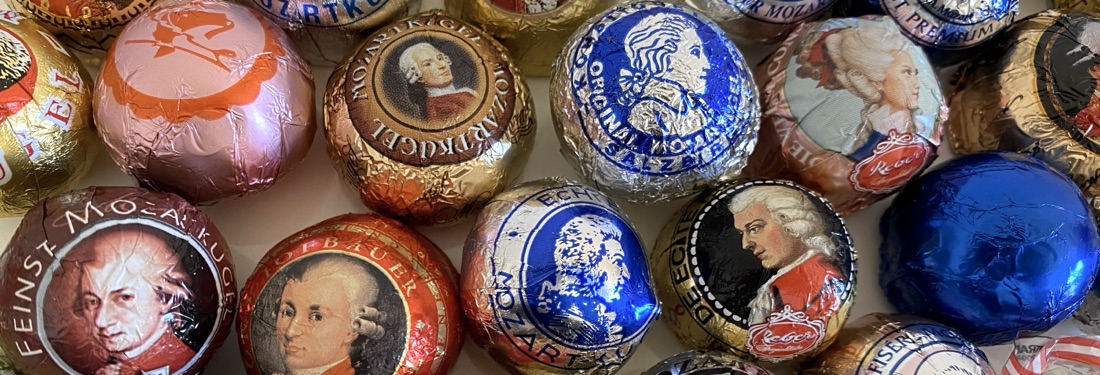

Not so well remembered today, baritone Scipio Colombo who performs Háry sang important leading roles throughout Italy; some may have heard him as the Count to Renata Tebaldi’s Countess in a 1954 Naples broadcast of Le Nozze di Figaro. He also created both the title role in Dallapiccola’s Il Prigioniero and the Marquis de la Force in Dialogues des Carmélites. Colombo appears as Ford in the notable RAI film of Falstaff alongside Giuseppe Taddei, Rosanna Carteri, Fedora Barbieri and Anna Moffo.
And today’s Maria Luiza is the marvelously versatile, underrated Mexican mezzo soprano Oralia Dominguez. Where most may remember her either as Maria Callas’s 1951 Amneris or as Herbert von Karajan’s Salzburg Erda, I’ll always think of her as my first Arnalta (a role she sang in Chicago in 1966 with Evelyn Lear as her mistress) when I discovered Monteverdi’s L’Incoronazione di Poppea via the abridged Glyndebourne recording.
A student of Kodály’s, Fricsay, like his esteemed compatriot Istvan Kertesz, did not live to see the age of 50. Yet he managed to leave behind an enormous discography. I hadn’t realized how large it was until I surveyed the contents of the impressive 37-CD box of his operatic and choral recordings released by Deutsche Gramophone.
I imagine the one work most familiar today would be his electric Fidelio starring the young Leonie Rysanek. His favorite singers appear to have been fellow Hungarian Maria Stader and the ubiquitous Dietrich Fischer-Dieskau. Despite her Fricsay-led Konstanze, Pamina, Donna Elvira and Countess, I understand Stader (who is also Micaëla on Fricsay’s disc of Carmen highlights with Dominguez) never sang opera onstage due to her diminutive size.
Kodály: Háry János
Orzse: Luisa Malagrida
Maria Luiza: Oralia Dominguez
Empress of Austria: Beatrice Preziosa
Háry János: Scipio Colombo
Oreg Marci: Aurelio Oppicelli
Ebelasztin: Vasco Petroff
Conductor: Ferenc Fricsay
RAI Rome
21 May 1955
Broadcast
I can’t resist also including an aria from one of the more unexpected Stader-Fricsay collaborations: Handel’s Judas Maccabaeus, a radio performance in German from Berlin 1954 that also featured Fischer-Dieskau.
Háry János and Stader’s Handel aria can be downloaded by clicking on the icon of a loud with an arrow pointing downward on the audio player above and the resulting mp3 files will appear in your download directory.
In addition, nearly 600 other podcast tracks are always available from Apple Podcasts for free, or via any RSS reader. An archive which lists all Trove Thursday offerings in alphabetical order by composer has recently been updated.
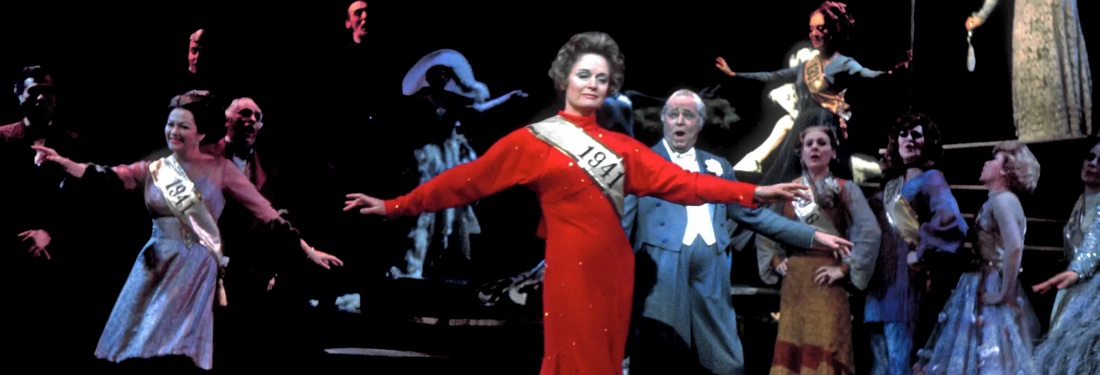
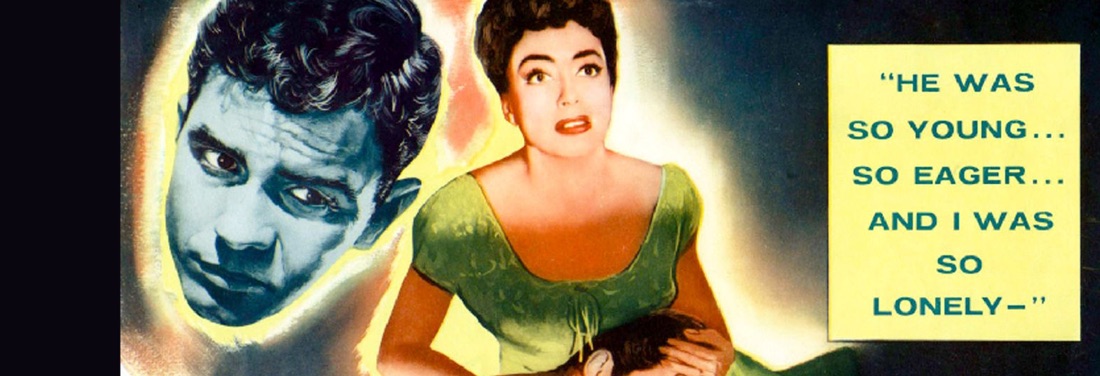
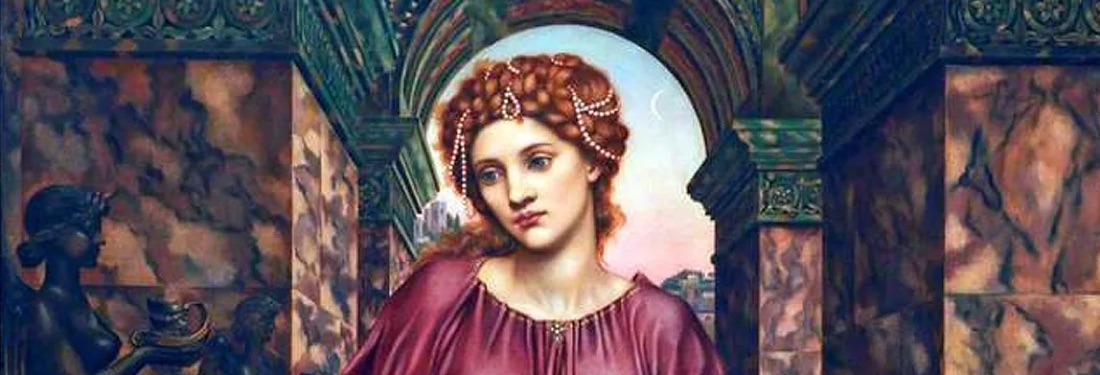
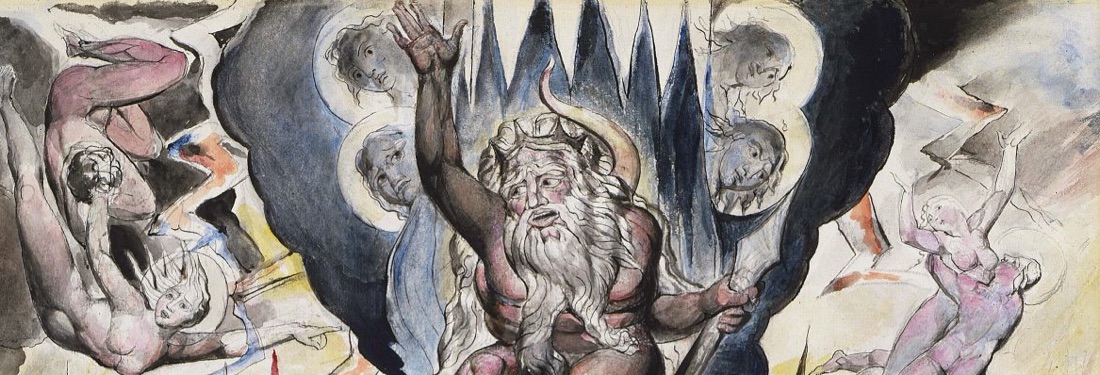
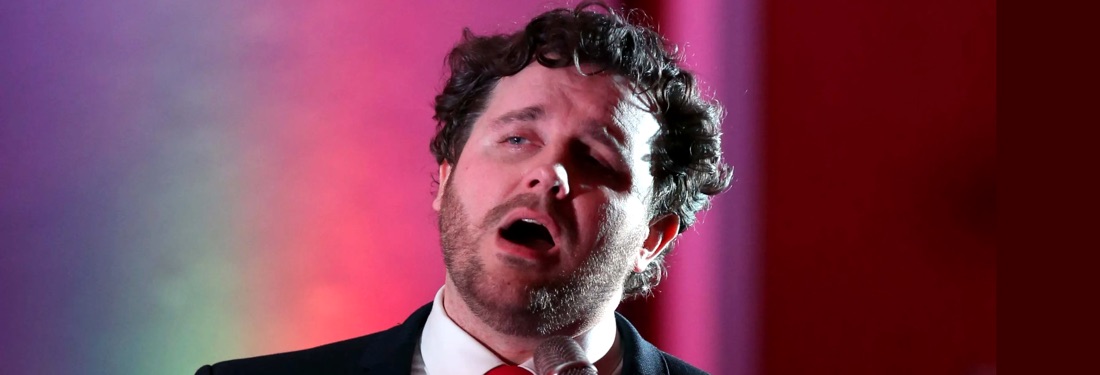
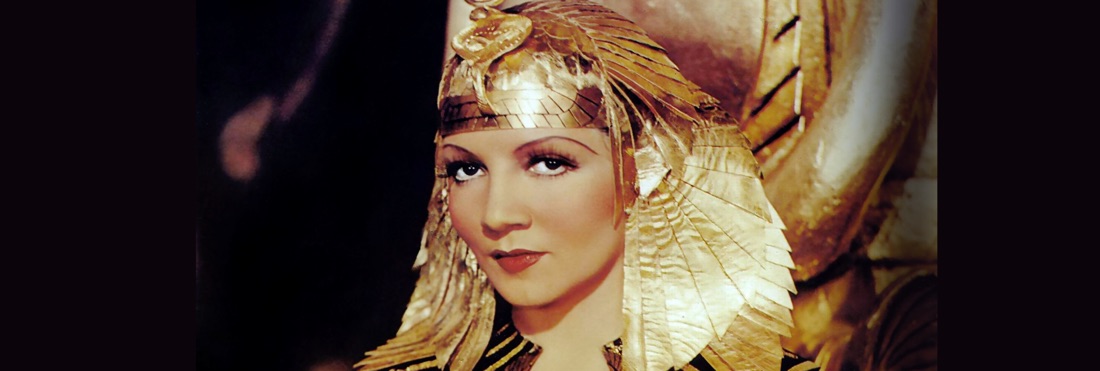
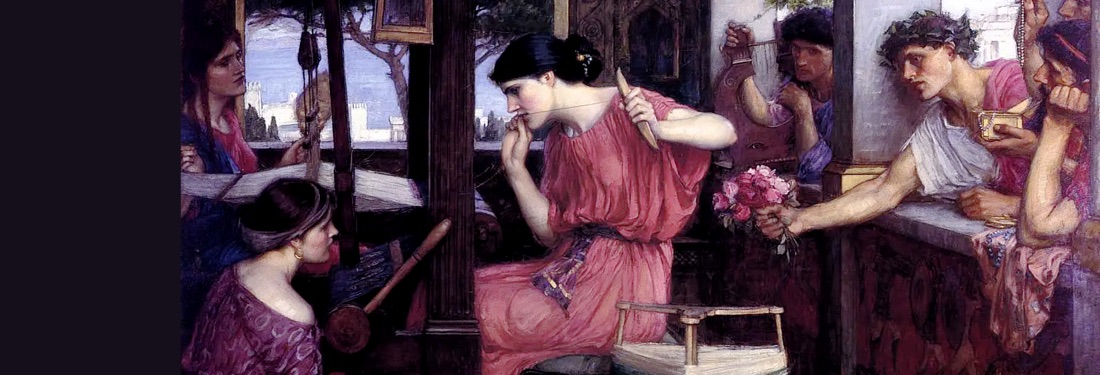
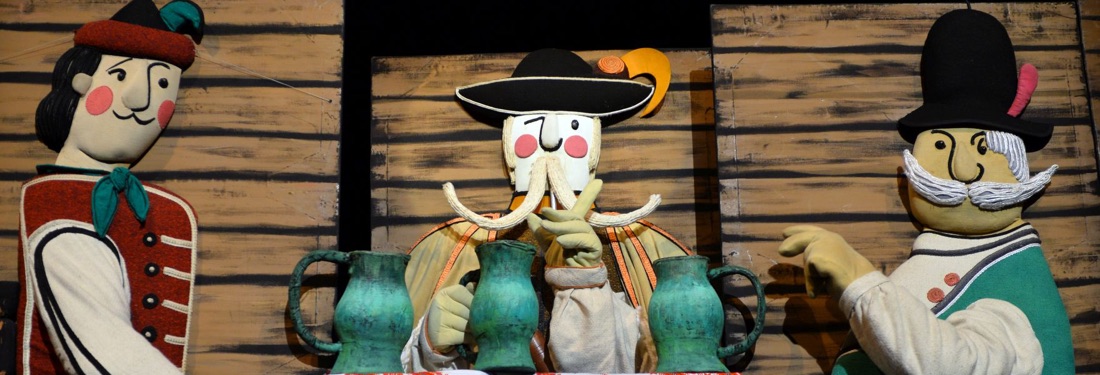
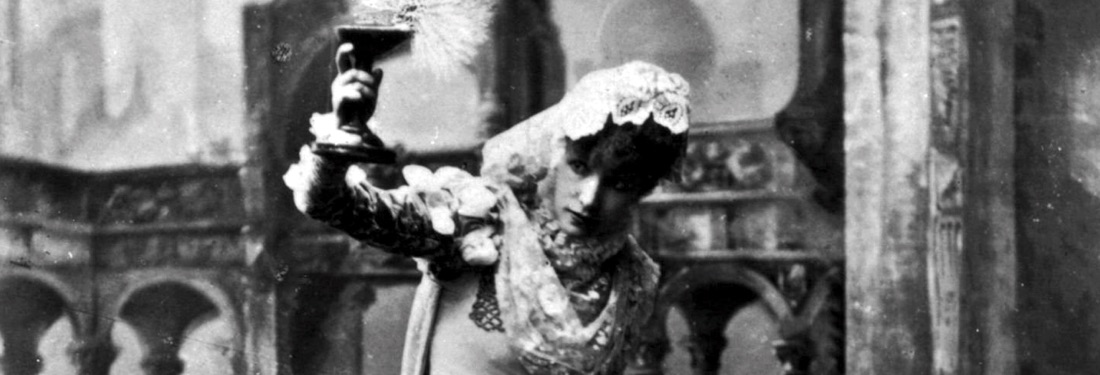
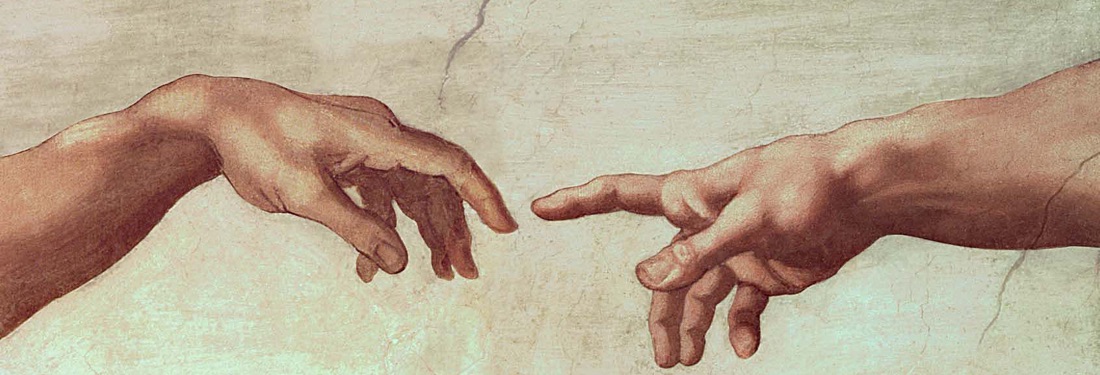
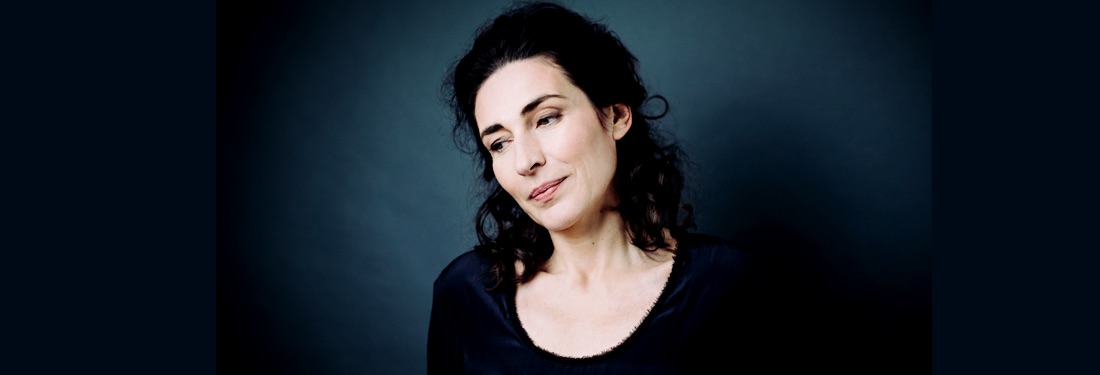

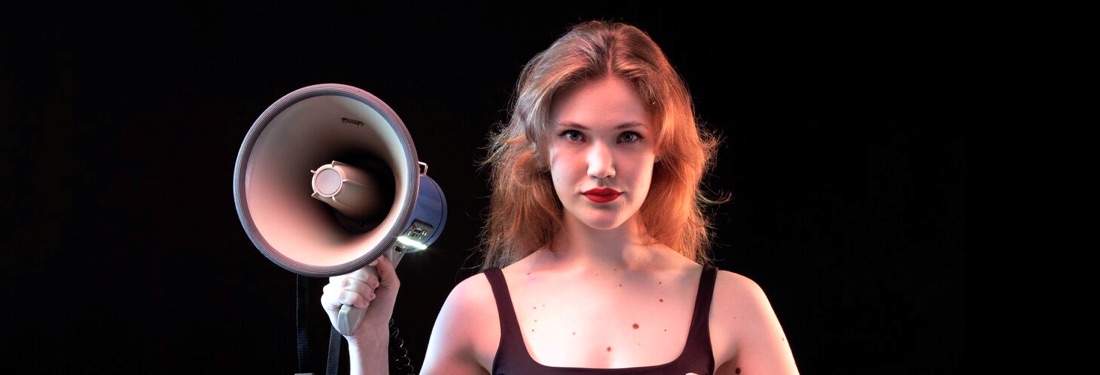
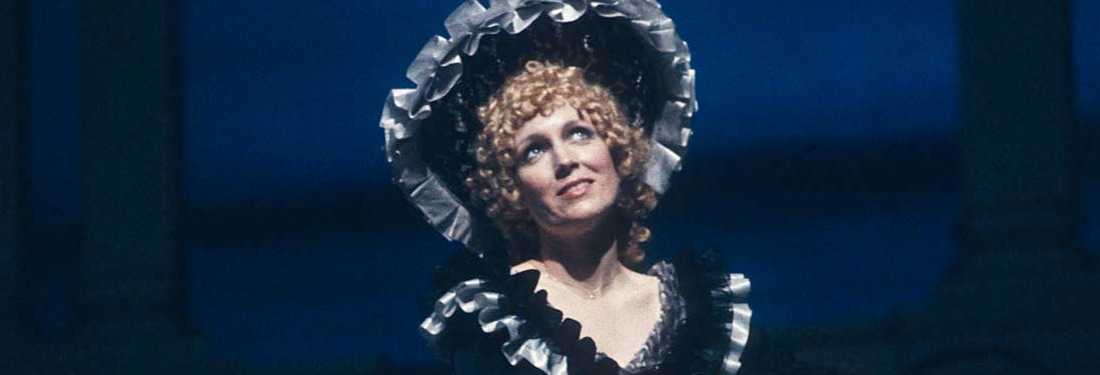











Comments